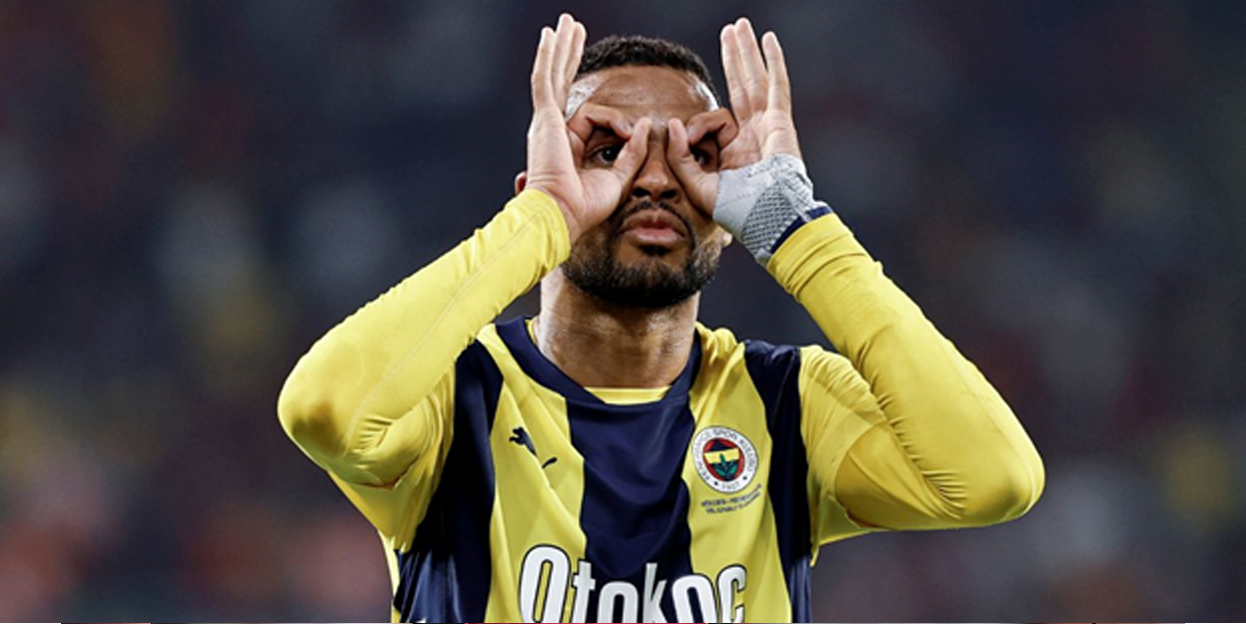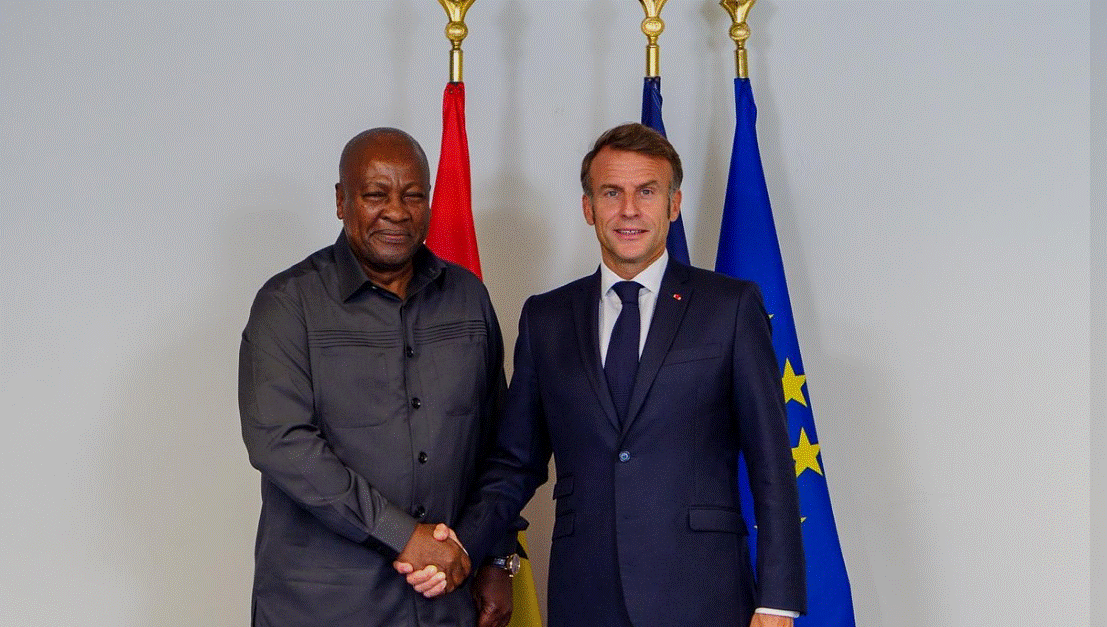

 Storytelling in games has grown into something far bigger than a side feature. It now defines entire franchises, builds global audiences, and often leaves players with memories as strong as any cinema hit.
Storytelling in games has grown into something far bigger than a side feature. It now defines entire franchises, builds global audiences, and often leaves players with memories as strong as any cinema hit.
Games give people not only a finished script but also the freedom to shape how stories end. That interactive edge is what pushes this medium to rival Hollywood. Platforms such as 1x bet Ethiopia underline how engagement today depends on immersive design rather than passive viewing.
Games as modern story platforms
| Medium | Typical Runtime | User Control | Emotional Effect | |
| Film | 2–3 hours | None | High but limited | |
| Series | 8–12 hours | None | Extended | |
| Game | 20–40 hours | Strong | Deep and personal |
The numbers highlight why games keep people hooked for much longer stretches.
The power of player choice
What separates interactive storytelling from film is agency. Players guide heroes, face dilemmas, and accept consequences. This sense of ownership gives emotional weight to otherwise scripted scenes. When a choice changes the fate of a character, the result feels uniquely personal.
Main differences between gaming stories and films:
- Player decisions alter outcomes directly
- Emotional weight grows through personal responsibility
- Replay adds multiple perspectives on the same story
- Franchises build loyalty around evolving narratives
These points show why interactive plots create stronger bonds with audiences.
Games are not isolated from film craft. Studios hire scriptwriters, use motion capture, and employ professional actors. The polish matches blockbuster productions. Yet what makes games distinct is how they combine this polish with interactivity. A Hollywood cutscene can be impressive, but a branching dialogue tree gives it replay value.
| Technique | Film Use | Gaming Use |
| Motion Capture | Realistic acting | Life-like characters |
| Dialogue Writing | Script-led | Player influence |
| Cinematic Score | Atmosphere | Immersion |
| Visual Arcs | Storytelling | Interactive choices |
This overlap proves games now sit on the same creative tier as movies.
Revenue and engagement data
Money and time confirm the trend. Statista reports narrative-heavy titles generated 40% of global top-ten sales in 2024. These games keep players engaged longer than films ever could. A two-hour film cannot match the depth of a 30-hour campaign.
Mobile and flexible formats
Interactive storytelling has also shifted into mobile spaces. Short-form games fit daily routines while still carrying emotional punch. Quick sessions keep fans engaged without demanding full evenings. Many people also use 1xbet ethiopia login to stay connected to entertainment on the move. This mirrors how players demand portability in narratives too. Mobile proves that strong stories need not always come in long sessions.
Why games match Hollywood’s reach
The reasons games now rival film storytelling can be boiled down to four elements:
- Immersion made possible by interactive systems
- Production values equal to cinema budgets
- Emotional bonds created by responsibility for outcomes
- Longevity and replay value unmatched by other media
These four pillars explain why narrative games dominate critical and financial charts alike.
Critical recognition
| Source | Quote | Year |
| The Guardian | “Video game storytelling has reached a point…” | 2023 |
| Forbes | “Narrative games now influence mainstream culture.” | 2024 |
| Variety | “Hollywood talent shifts toward interactive media.” | 2025 |
Quotes like these reflect a cultural shift where interactive drama is recognized as legitimate.
What lies ahead
The road forward looks even more ambitious. AI-driven systems will generate unique scenes tailored to each player. Procedural storytelling will keep expanding, ensuring no two playthroughs feel identical. While films continue to dominate the box office, games are winning the battle for time spent and emotional memory.
The post How storytelling in games rivals Hollywood narratives appeared first on Ghana Business News.
Read Full Story

















Facebook
Twitter
Pinterest
Instagram
Google+
YouTube
LinkedIn
RSS